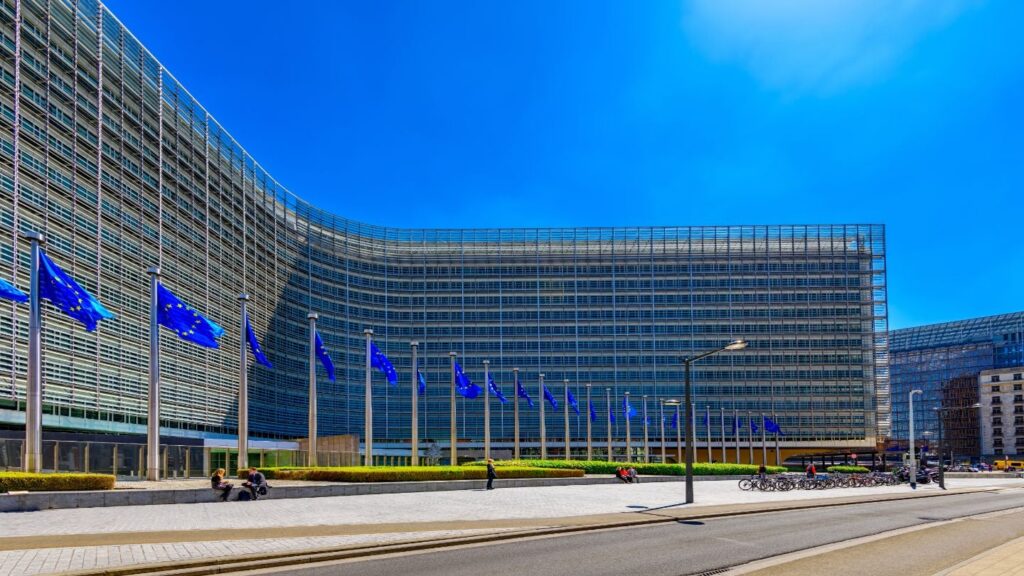Large European companies are calling on the European Union to delay the implementation of its groundbreaking AI laws. This request comes as the EU is considering revising a key aspect of the law set for effective in August 2025.
According to a report by the Financial Times, the heads of 44 major European companies have sent an open letter to President Ursula von der Leyen of the European Commission, demanding that the AI Act be postponed by two years.
The letter was signed by the chief executives of companies such as Airbus, Carrefour, Phillips and BNP Paribas.
They argue that the current regulatory framework, with its complex and overlapping rules, poses a threat to Europe’s competitiveness in the world’s AI landscape.
The letter warns that these regulations could hinder the development of European AI leaders and the industry’s ability to effectively deploy AI technology.
Known for being one of the strictest AI regulatory regimes in the world, AI law faces scrutiny from not only European companies, but also from the US government and major high-tech companies.
Ongoing discussions include the creation of “Commands of Practice” aimed at guiding compliance in AI companies. This affects advanced AI models such as Google’s Gemini, Meta’s Llama, and Openai’s GPT-4.
Code’s publication was originally scheduled for May 2025, but is delayed in hopes of a more generous approach.
In early July 2025, EU Technology Chief Hennavilkunen said the committee had finalized its code of practice in preparation for the August 2025 deadline. “We will first publish our code of practice to help our industry and small businesses comply with AI laws,” she was quoted from FT.
Debate between European Commission officials and member states is underway to streamline the complex timeline of AI law. The law came into effect last August, but many of its provisions are expected to be in place over the next few years.
The letters from the European CEO were organized by the EU AI Champions Initiative, representing 110 companies in various sectors.
In another letter, more than 30 European AI startup founders and investors criticized the law as a “hurried time bomb.”
They expressed concern about the ambiguity in regulating general-purpose AI models and fear that inconsistent rules between member states can support well-funded US technology giants over small local businesses.




